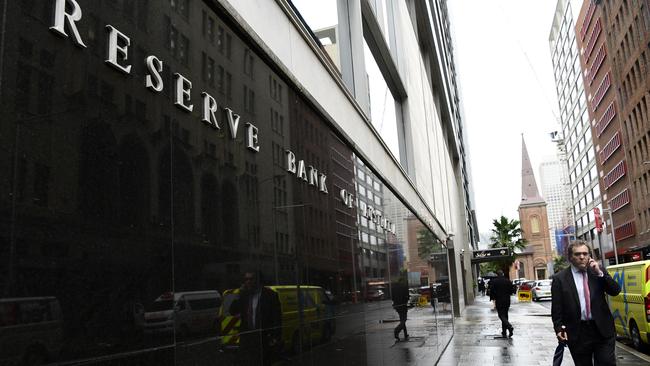RBA considered zero rate options, won’t hesitate to use unconventional tools: Debelle
Reserve Bank’s deputy governor reveals it has considered dropping interest rates close to zero.

RBA has considered dropping interest rates close to zero and would not hesitate to launch unconventional monetary policy if ultra-low rates failed to ignite economic growth, deputy governor Guy Debelle has revealed.
Speaking to the Economic Society of Australia, Dr Debelle said that the RBA had examined what happened in the US, Canada and Britain when the central banks cut interest rates to “somewhere around about zero, a quarter (and) half a per cent”.
“A number somewhere around there would be reasonable to map that across here,” Dr Debelle said.
The RBA reduced interest rates in June and last month in the first back-to-back cuts since the global financial crisis. Economists and analysts broadly expect the RBA to lower the cash rate from its current 1 per cent to 0.5 per cent by early next year. The central bank has also examined unconventional manoeuvres, such as a quantitative easing-style program of government bond-buying to force investors into more productive investments if rate cuts fail to ignite the economy.
“If we are not achieving our objectives then we have a mandate to try and achieve our objectives, which would probably require doing something rather than nothing,” Dr Debelle said.
In an escalation of the RBA’s rhetoric over the growing trade war between China and the US, Dr Debelle told the conference in Canberra that the dangers were not just specific to Australia, but extend globally. “Australia has clearly been a major beneficiary of that (trading) system. The current threats to the system are a significant risk to both Australia and the world,” he said.
The comments come after RBA governor Philip Lowe told central bankers at a meeting in Jackson Hole, Wyoming, over the weekend that political shocks were becoming shocks to the global economy.
With US President Donald Trump last week targeting both the US Federal Reserve chairman Jerome Powell and China’s leadership, in his bid to win ground in the trade dispute, the atmosphere at the Jackson Hole conference was one of deepening concern that the global trading system was under attack.
Minutes from the RBA’s board meeting this month show the board pondered a range of unconventional crisis responses, such as pushing the official cash rate into negative territory, explicitly flagging the timing of further interest rate cuts and a massive purchase of government bonds (quantitative easing).
It also considered giving the banking sector a free kick by funding lenders at discounted rates, or by forcing the dollar lower by intervening in foreign exchange markets.
While Josh Frydenberg this week called on businesses to stop lining the pockets of shareholders and use extra cash to invest in technology and to expand their operations, Dr Debelle said investment plans were being derailed by “the fair amount of uncertainty” in the global economy. “Over the past week that uncertainty hasn’t gotten any less. It’s probably gotten a bit more,” he said.
He also questioned why businesses were not investing. “The cost of corporate borrowing is as low as it has ever been in history,” Dr Debelle said.




To join the conversation, please log in. Don't have an account? Register
Join the conversation, you are commenting as Logout